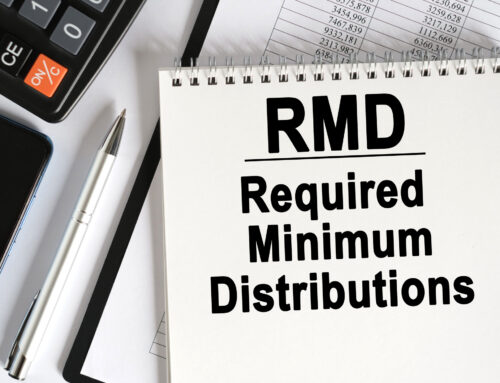Sometimes life gives us lemons, as the saying goes. In order to make lemonade, you need a plan. Whether it’s a financial crisis or a personal setback, there are events that can upend your retirement if you’re not prepared. Have a plan for handling retirement curveballs if they come your way.
An Earlier-Than-Expected Retirement
It can be much harder for someone over 50 to find a new job and particularly hard to find a job that pays the same as a previous job. Although many Americans plan to retire late, they may not end up having the option to do so. According to the Employee Benefit Research Institute, almost a third of American workers predict that they will work until age 70 or older, but only 7% of people surveyed actually ended up working until age 70.[1] Know where your retirement income could come from if you were to lose your paycheck.
A Health Emergency
Retirement can start earlier than we anticipate. Sometimes this is due to layoffs, but other times it’s due to the primary earner or a spouse falling ill. In addition to losing an income, it’s important to plan for the possibility of high healthcare costs. An average 65-year-old couple retiring today will need an estimated $295,000 to cover their healthcare costs, and that doesn’t include long-term care costs.[2] In 2020, the median yearly cost for a private room in a nursing home was $105,850.[3] Consider these costs when creating an emergency fund for retirement, plus financial planning strategies for covering long-term care costs.
Market Volatility
Times of market volatility pose a particular threat to you as you near and enter retirement. This is because once someone takes withdrawals from a fund’s underlying investments, they expose themselves to sequence of returns risk. Two retirees with identical wealth and long-term market averages in retirement can have very different financial outcomes depending on the state of the economy when they begin retirement. Someone retiring during a bear market might see their portfolio recover as the market does, but they will also see a reduction in the overall return of their portfolio because of how much they had to withdraw early on when prices were down.
Changing Tax Policy
The Biden administration’s proposed tax changes include several potential tax-increasing measures for certain individuals. The top marginal income tax rate would go from 37% to 39.6%, and the long-term capital gains rate of 20% for those making over $1 million would disappear. This means that capital gains would instead be taxed at 39.6%, plus the additional 3.8% Obamacare tax.[4] We could also see an end to the step-up in basis, which would potentially mean a much more significant tax burden for beneficiaries.
Retirement shouldn’t be a time of anxiety or worry; it should be a time when you feel financially secure and can enjoy the money you’ve worked hard to earn for decades. There are ways to help protect against life’s risks and deal with retirement curveballs. Click HERE to sign up for a time to talk to us about your financial plan or how we at Zinnia Wealth Management, can help you create one.
[2] https://www.fidelity.com/viewpoints/personal-finance/plan-for-rising-health-care-costs
[3] https://www.morningstar.com/articles/1013929/100-must-know-statistics-about-long-term-care-pandemic-edition
[4] https://www.forbes.com/sites/robertwood/2021/06/07/biden-retroactively-doubles-capital-gain-tax-but-keeps-10m-benefit/?sh=1b563b1bc4b4







